I grew up in the heyday of Bath and Body Works. If you’re not familiar with the store, it’s a veritable mecca of lotions, body wash, anti-bac soaps, and other “bath and body” products that has achieved a cultish Americana status thanks to its cozy packaging and plethora of scent options. I amassed an impressive collection of said products in a relatively short amount of time (they’re also known for their sales–Buy 3 Get 1 Free! Who could resist?), which I relished in without considering I’d never be able to use it all up since I replenished my products far faster than I finished them. Most of my grade- and middle-school life was characterized by the scent of Cucumber Melon, as my friends and I would sit at our lunch tables slathering on the hand sanitizer and spritzing ourselves with body spray.

I’ve come a long way in my personal bath and body journey and, for many reasons, have divested myself from BBW. However, that doesn’t mean I’m not still obsessed with body products, and finding the right combination of formula/feel and scent is tricky when it comes to your body cleanser especially. On the one hand, you’re washing it off, so it doesn’t matter, right? But on the other hand, bathing should be an enjoyable, if not luxurious, experience in my mind, so it’s worth putting in some effort to pick the right one.
BBW converted me to shower gel early on (they came in sets, with lotion, after all!). Besides the scent coordination, I found even when I was young that the Dial soap my mother stocked us with was drying to my skin (hence the need for lotions, too). It suited me well for many years until I started considering more sustainable lifestyle choices–including ways to reduce plastics–and my bath products’ containers came under scrutiny. Trying out bar soap more recently has been an interesting experience, but I wondered what the true costs and gains of these common products are in a more holistic sense.
It turns out, as it is with most things, that the answer to the question of which product should I use? is: it depends. Here’s a helpful list of pros and cons that will help you make the right body wash choice based on your needs.
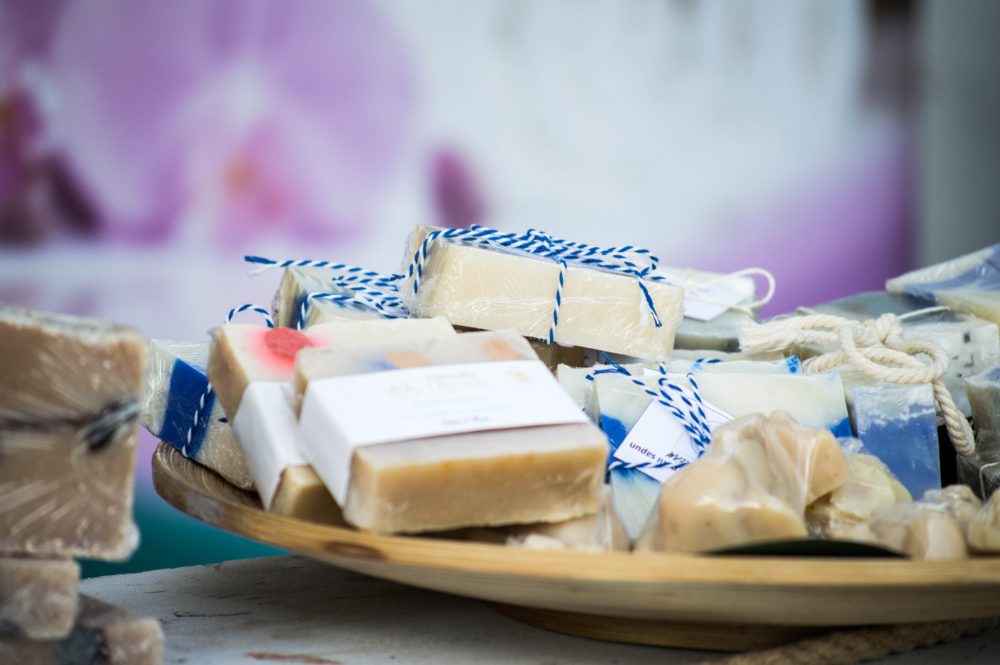
Soap
Has been around, well, forever, as far back as 2,800 BCE. The basic formula hasn’t changed much, which consists of mixing fats (animal or vegetable) with lye or, more recently, with an alkali, and possibly glycerin for softening. Today’s best natural soap options are free from animal fat (especially for vegans) and instead made with plant-based oil bases, like coconut or shea butter.
Even those with moisturizing fatty bases can be inherently drying because the required alkali has a higher pH (usually 9 or 10) than the skin (5 or 6). So if you’re prone to dry skin or conditions like eczema, soap might exacerbate your problem.
Since soap is self-contained, you won’t need to worry about packaging waste too much (brands like LUSH will send you home with your bar in a thin, recyclable paper bag, that’s it). However, you’ll always have a little sliver at the end of the bar’s life, but you can get creative in reusing and combining leftovers.
Shower Gel
A more recent technology, these are made from a base of water and typically a sudsing agent (the dreaded SLS) to create the clean-feeling bubbles we all like. Sulfates are increasingly under scrutiny by beauty companies, so if you do your ingredient-diligence, you can find brands and varieties that are sulfate-free relatively easy. Still, the prominence of sulfates in mainstream shower gel brands offers one more barrier to entry for an environmentally-friendly purchase.
The water base makes it easier to add moisturizing components or emollients to shower gel (usually called “body wash” in that case). However, these can come in the form of emulsified petroleum, which is not a great natural product you’d want on/in your body, or washing down the drain.
The plastic packaging is also something to consider when choosing a gel since although you’ll get a while’s use of a bottle (a 13-oz. bottle usually lasts me 6-8 weeks), you still have to contend with throwing it away at the end. Recycling is available, but if you’re looking to reduce the demand for plastics overall, you may find soap more attractive.
Either way, you’ll want to be sure, too, that you are properly disinfecting the loofah or washcloth you use to wash. It’s counterintuitive to be scrubbing yourself “clean” with a germy sponge!
And check out these recommendations on your next shopping trip:
Soaps We Love
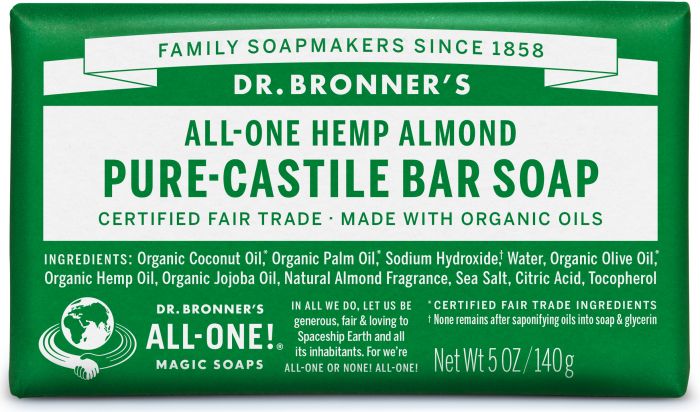
Dr. Bronner’s Castile Bar Soap
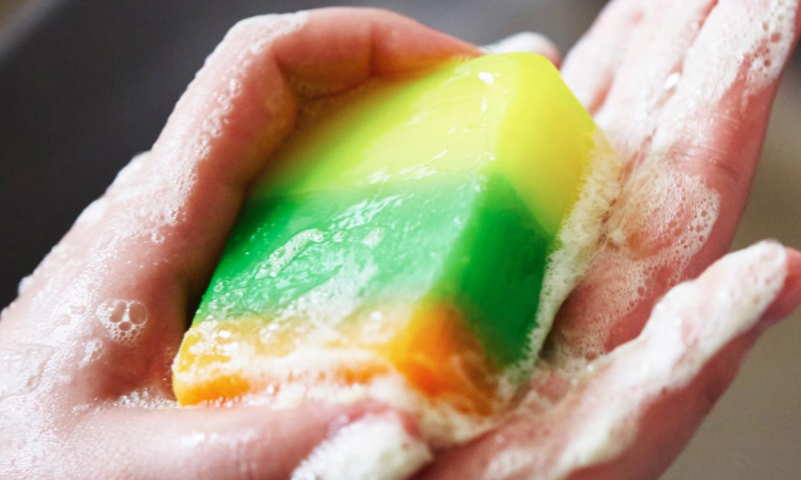
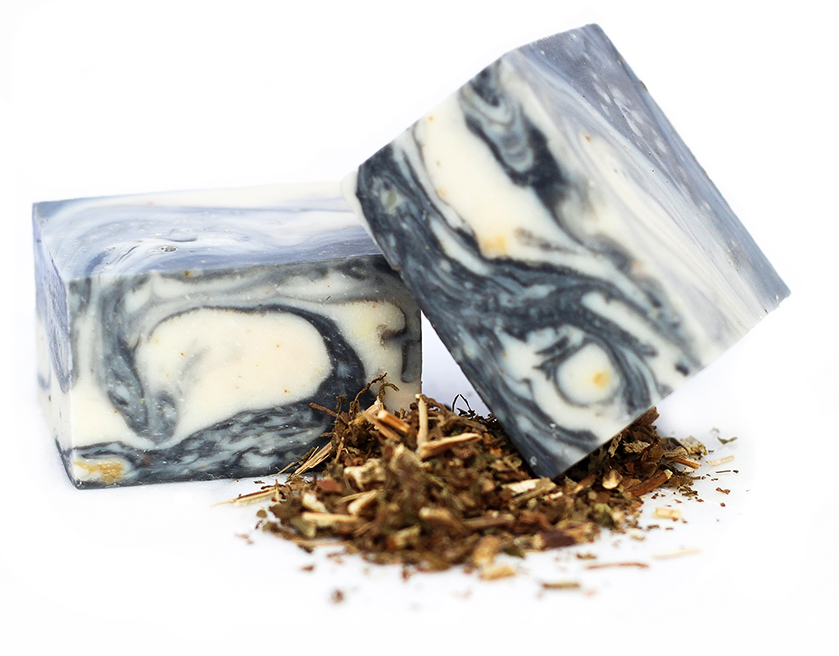
Shower Gels We Love
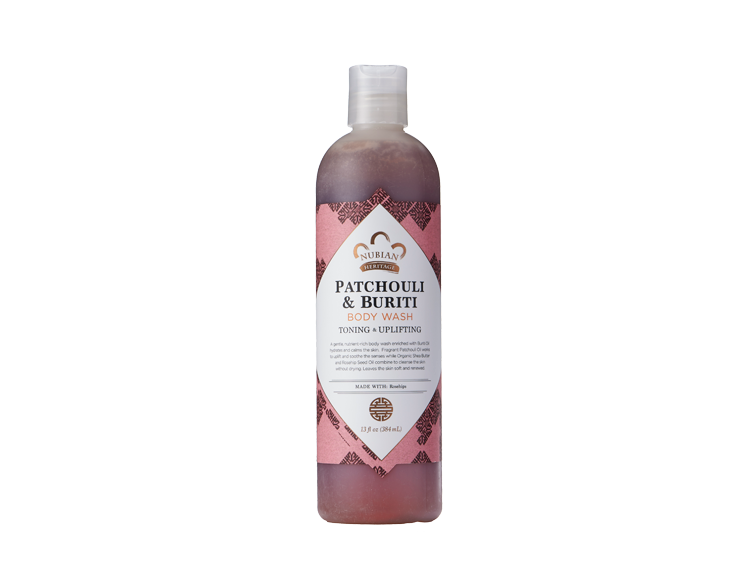
Nubian Heritage Toning & Uplighting Body Wash in Patchouli Buriti
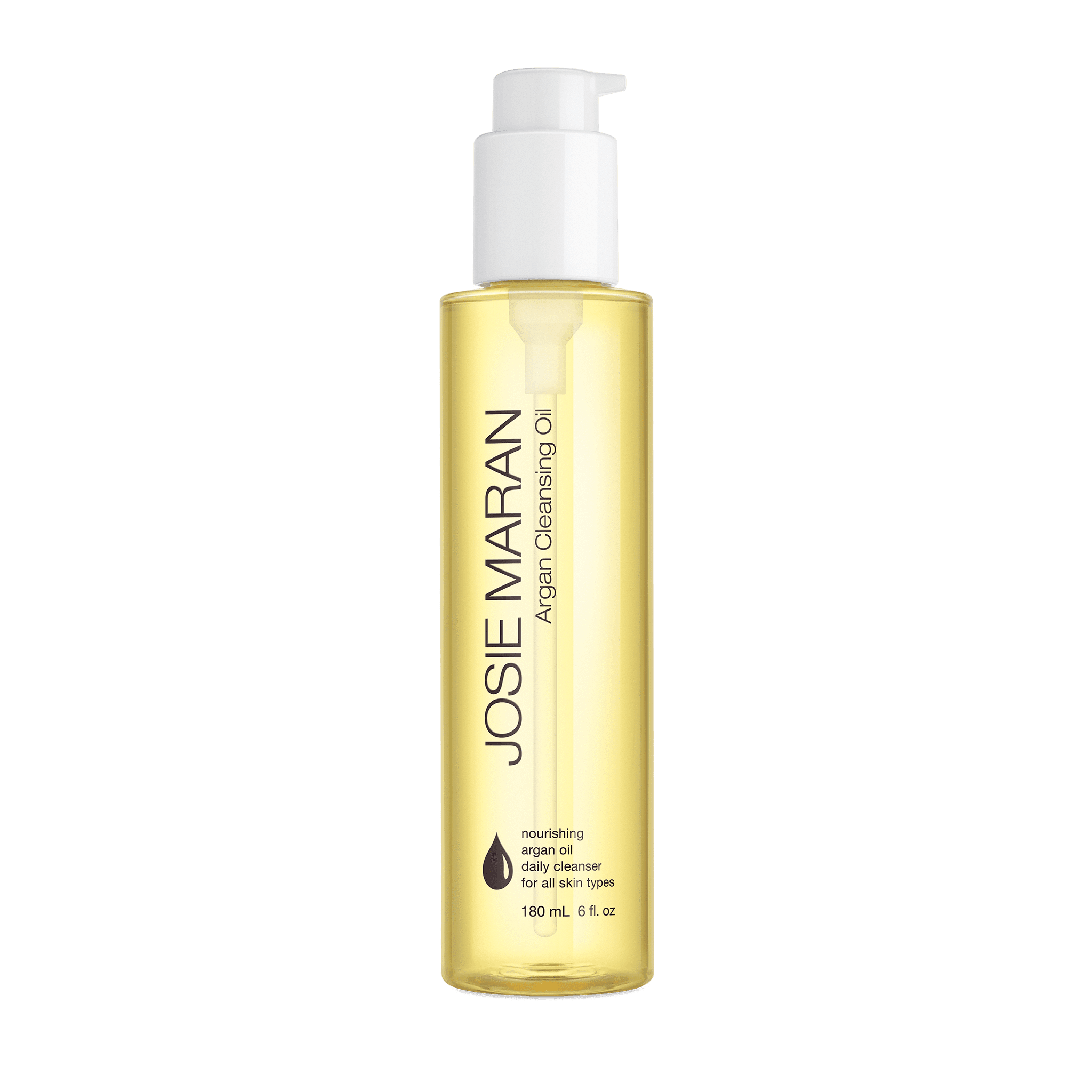
Josie Maran Argan Cleansing Oil
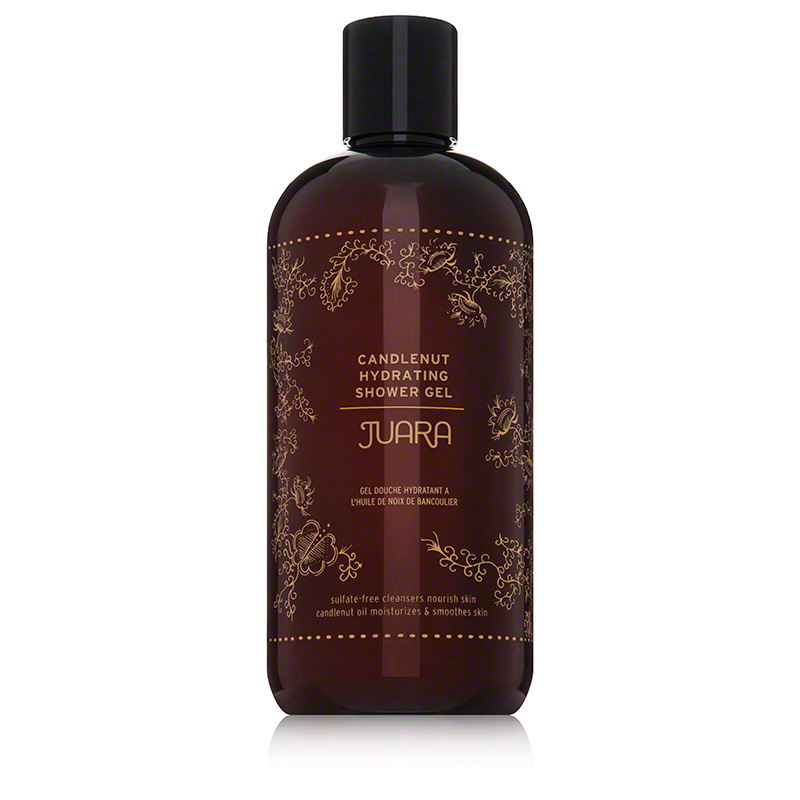
Juara Candlenut Hydrating Shower Gel
Do you have a favorite type of body wash or soap? Are you a reformed BBW devotee?
Also by Jennifer: The Simple Investment That Guarantees Your Ultimate Beauty Sleep
Related: Daily Infrared Sauna Is My Most Essential Beauty Regimen. Why You Should Try It
Stars, They’re Just Like Us. Budget-Friendly Beauty Tips From 6 A-Listers
Get more like this—Subscribe to our daily inspirational newsletter for exclusive content!
__
Photo: Genessa Panainte on Unsplash, Kristina Balić on Unsplash, Respective Brands
